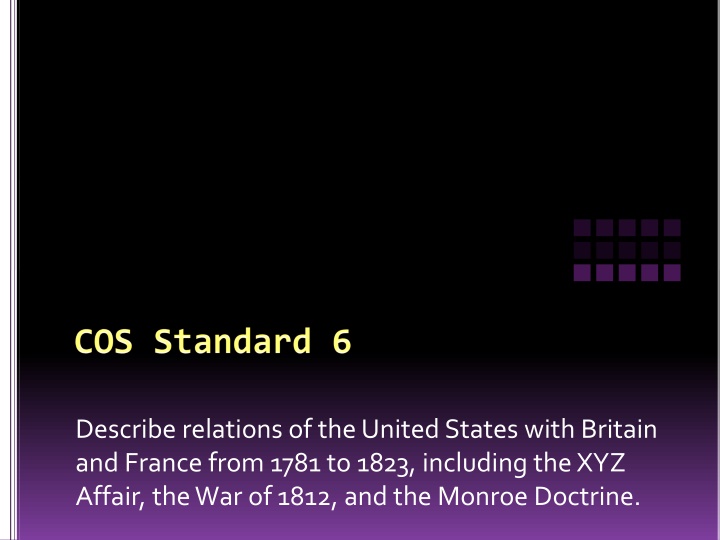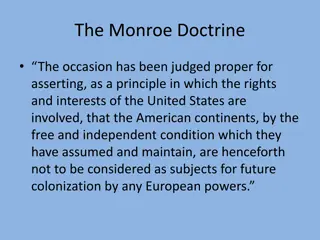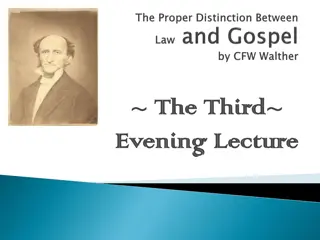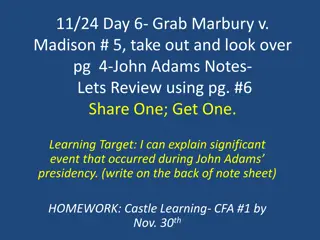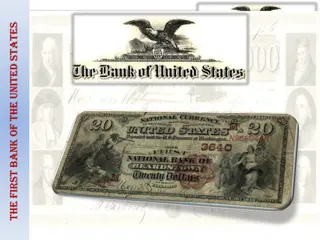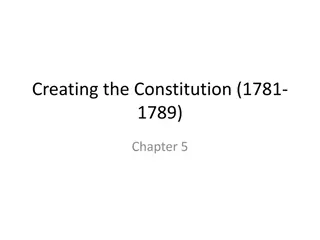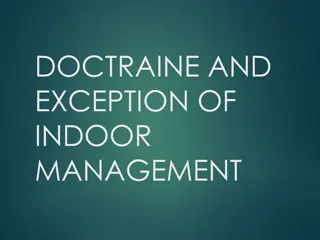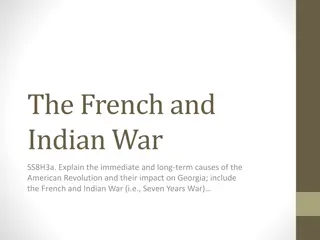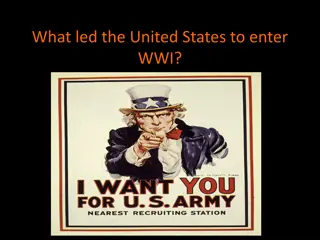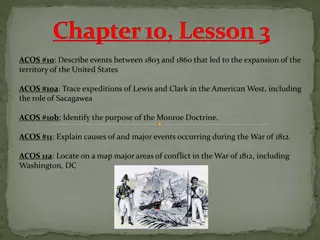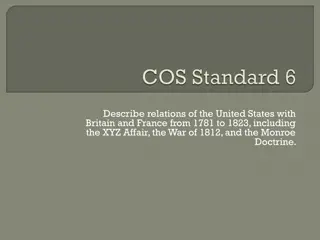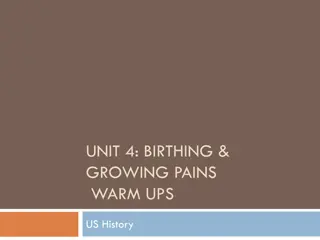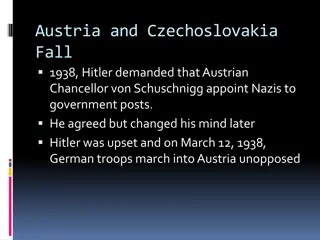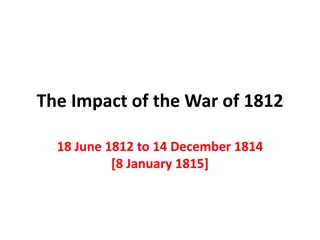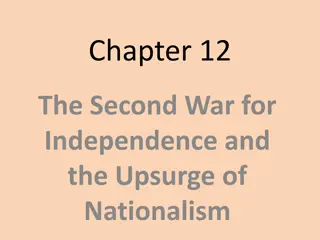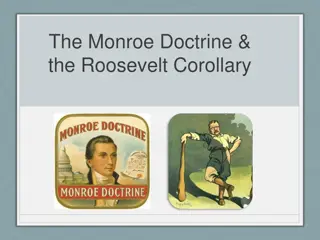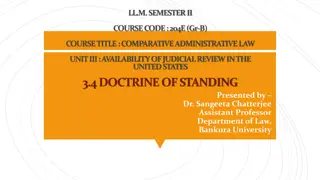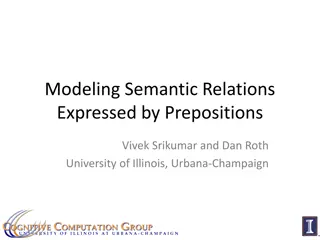Relations of the United States with Britain and France (1781-1823): XYZ Affair, War of 1812, Monroe Doctrine
During the period 1781-1823, the United States navigated complex relations with Britain and France. Key events include the XYZ Affair, War of 1812, and the Monroe Doctrine. From negotiating treaties to facing demands for bribes, the U.S. asserted its position on the global stage amidst political turmoil and military conflicts.
Download Presentation

Please find below an Image/Link to download the presentation.
The content on the website is provided AS IS for your information and personal use only. It may not be sold, licensed, or shared on other websites without obtaining consent from the author.If you encounter any issues during the download, it is possible that the publisher has removed the file from their server.
You are allowed to download the files provided on this website for personal or commercial use, subject to the condition that they are used lawfully. All files are the property of their respective owners.
The content on the website is provided AS IS for your information and personal use only. It may not be sold, licensed, or shared on other websites without obtaining consent from the author.
E N D
Presentation Transcript
Describe relations of the United States with Britain and France from 1781 to 1823, including the XYZ Affair, the War of 1812, and the Monroe Doctrine.
During Washingtons presidency, John Jay travels to Britain to negotiate a treaty with Britain. Treaty of Amity, Commerce, and Navigation, Between His Britannic Majesty and The United States of America -1794 (Jay s Treaty) Britain agrees to give the US most-favored nation status.
The British had not surrendered the posts and forts on the Great Lakes British had continued to suppress US trade and commerce The states had made laws to prevent the collection of debts due to British subjects by American citizens The early US government had been to weak to compel either the British government of the American states to obey to the terms of the treaty
US builds up its Navy to combat the French and has much success (begins to scare the French) French decided they had been hasty in their treatment towards the U.S. and began to back off Negotiations- Tensions increased when the French Prime Minister demanded a bribe from the American negotiators before talks even began. The negotiators from France became known as XYZ.
President Adams sent people to negotiate with France. Charles Cotesworth Pinckney-US Minister to France Elbridge Gerry John Marshall Charles de Talleyrand- French Prime Minister
When: Start-July 7th, 1798/ End-September 30th, 1800 France began to hire privateers (privately owned warships) to prey on commercial shipping or war ships of the United States French had hoped the US would declare war on Britain since they helped the US win its independence, instead sign Jay s Treaty Infuriates the French
When the news of the XYZ Affair gets out, Americans are outraged and demand for war. Anti-French Feelings grow Trade is suspended with France and navy is ordered to capture French ships: Quasi-war (undeclared war at sea) Eventually, France and America come to an agreement and the quasi-war with France ends. America gave up all claims against France for damages to American shipping. France released the US from the Treaty of 1778.
Britain is engaged in a war against France and Napoleons Armies Britain supported Native American tribes in hopes of limiting US expansion west Britain had placed trade restrictions on the US, not wanting them to trade with France British Impressment of US sailors
US President-James Madison Military Leaders-US Andrew Jackson Henry Dearborn Winfield Scott William Henry Harrison Prince Regent-George IV Prime Minister-Robert Jenkinson Military Leaders- Britain IssacBrock Gordon Drummond Charles de Salaberry Native American- Tecumsuh(Shawnee Chief)
France and Englands relationship continues to deteriorate and take it out on America. Beneficial or hurtful? Britain declared all ships going to Europe had to have a British license and would be searched. Orders in Council France declared that anyone who follows Britain s declaration would have their goods confiscated.
British sailors desert the British navy ( US ships) poor pay poor ship conditions British would stop American ships and seize people from these ships. Impressment: legalized form of kidnapping that forced people into military Instead of war, Jefferson passes The Embargo Act of 1807 (ban on trade). Prohibited all American ships from trading in all foreign ports
Madison is elected president: avoid war Passes Non-Intercourse Act: will not trade with either country( France nor Britain), but Madison can lift the ban with whichever country lifts restrictions first. It fails. Madison tried Macon s Bill Number Two: lifted all embargos with Britain and France, will trade with whoever; but will trade only with whichever country lifts restrictions first. Napoleon agrees to Bill, Madison Excepts
Other causes of the War of 1812 Land disputes between America and Britain Canada Florida Britain provoke and supply Native Americans to fight the Americans: Battle of Tippecanoe: Shawnee (Tecumseh) versus Americans (William Henry Harrison) fight over land in Indiana. Tecumseh and Shawnee lose.
War hawks-Americans that wanted war against England Chief Tecumseh-Shawnee leader who was a brilliant strategist and diplomat The U.S.S Constitution- Old Ironside Battle of Horseshoebend-Alabama
Nicknamed Mr. Madison s War Second American Revolution/Second War for Independence June 1812-January 1815 This war proves America is here to stay! Treaty of Ghent-Ends The War of 1812 No exchange of territory Who really won?( Britain, America, Native Americans?)
